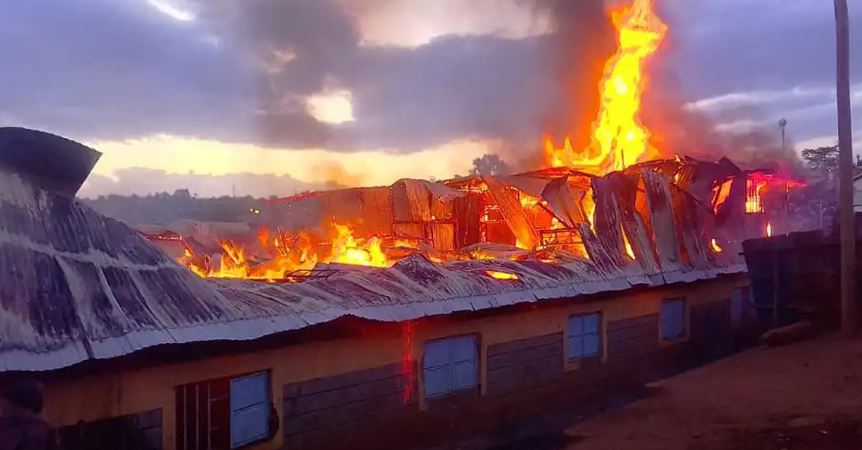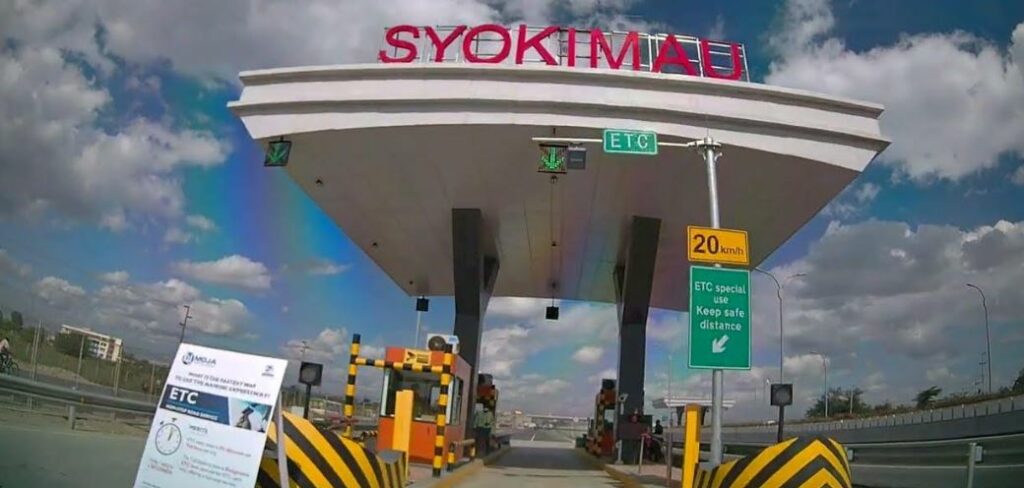 The Ministry of Environment, Climate Change, and Forestry, in collaboration with various stakeholders, has established two air monitoring sites in Nairobi to tackle the city’s worsening air pollution.
The Ministry of Environment, Climate Change, and Forestry, in collaboration with various stakeholders, has established two air monitoring sites in Nairobi to tackle the city’s worsening air pollution.
These sites, located at Mama Lucy Kibaki Hospital and the Nairobi Fire Station on Tom Mboya Street, will gather data on air quality, with a focus on pollutants from waste burning and public transport emissions.
The equipment will analyze air particles to identify sources like vehicle exhaust and industrial chemicals, aiming to inform policies that reduce pollution levels.
The air quality monitoring site at the Nairobi Fire Station will focus on pollution levels in the Central Business District (CBD), where vehicular emissions contribute to 40 percent of the city’s pollution.
NEMA Director-General Mamo Boru stressed the importance of stricter vehicle emissions testing, highlighting that vehicular exhaust is a significant source of pollution.
“NEMA is setting up vehicle pollution testing and will enforce it strictly. Vehicular exhaust is the main source of airborne particles, and most of the vehicles are second-hand. There is a clear link between air pollution and the rise in severe asthma attacks and other respiratory diseases,” Boru said.
Prof. Leonida Kerubo from the University of Nairobi stated that the data collected from these stations will guide policymakers in creating strategies to address pollution and improve public health. “This information will be crucial in shaping policies to reduce pollution,” she said.
Led by the Nairobi County government, in partnership with the United States Agency for International Development (USAID) and the World Resources Institute (WRI), the project aims to better understand pollution trends.
Experts warn that Nairobi is “choking” under severe pollution, with clean air quality levels at only 15 percent, well above the World Health Organization’s recommended limit of five percent.
Health professionals have raised concerns about the sharp increase in respiratory illnesses such as asthma, bronchitis, and tuberculosis, which they attribute to Nairobi’s deteriorating air quality.
Environment Principal Secretary Festus Ng’eno expressed alarm over the health impacts of air pollution in the city.
“We are witnessing severe health impacts from air pollution. In Nairobi, the situation is particularly worrying. Strokes, asthma, and bronchitis are becoming more common. This is a critical time for our nation,” Ng’eno warned.
Martin Wafula, CEO of Mama Lucy Kibaki Hospital, reported a troubling rise in respiratory-related cases at the hospital.
“We treat about 3,000 patients daily, and 60 percent of these cases involve upper and lower respiratory issues. TB and bronchitis are on the rise, and we are also seeing more premature births, which is very concerning,” Wafula noted.








